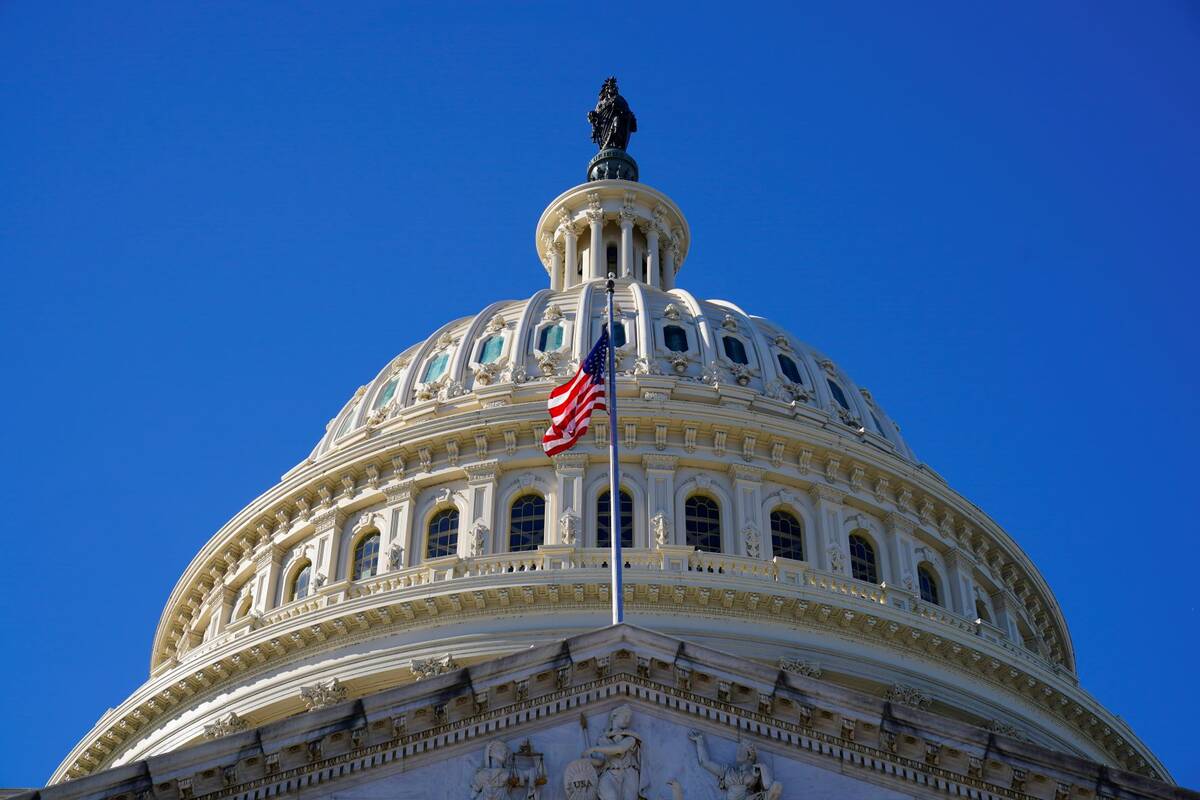EDITORIAL: Proposal would promote congressional transparency
There are many, many bad ideas floating around Washington these days. So it’s a pleasure to highlight one proposal that bucks the trend.
Sen. Rand Paul, the Kentucky Republican, has again introduced his Read the Bills Act, which creates ample opportunities for lawmakers to expose wasteful spending and provide an incentive for Congress to make legislation more accessible to taxpayers. Under the proposal, final votes on legislation would be delayed one day for every 20 pages contained in a given bill.
For instance, the Senate last week passed a $1.5 trillion omnibus spending measure that “was released in the middle of the night, just hours before we were expected to vote on it,” Sen. Paul explained in an op-ed for Fox News. The legislation ran 2,741 pages. “But do you really think there is a single person in the United States who actually believes that Congress is filled with speed readers capable of digesting thousands of pages in a matter of hours? Probably not,” he argued. “But the big spenders of both parties in Washington love keeping that under wraps. In fact, they bank on it — literally and figuratively.”
Had Sen. Paul’s resolution been in place, senators would have had 137 days to pore through the bowels of the spending bill “to truly consider whether the American people’s hard-earned tax dollars were worthy of all the ridiculous spending items included,” he wrote.
The spending bill contained some 4,000 earmarks, Sen. Paul reported, including “$2 million to educate, digitally connect and build roads for indigenous coffee producers in Colombia, $3 million for a fisherman co-op in Guam (and) $925,000 for a barn in Vermont.”
Of course, the Read the Bills Act offers no guarantee that those in the upper chamber will actually read the laws they impose on the rest of us. But it would provide ample time for critics of various legislative proposals — on both the left and the right — to examine the oft-impenetrable legalese to highlight waste and spending abuses that now slide through. That alone might be a disincentive for many members to sidle up to the taxpayer trough. It would also encourage those who write legislation to favor precision and brevity.
As it stands now, who’s paying any attention?
As might be expected, Sen. Paul’s resolution isn’t popular on Capitol Hill. He has introduced it seven times since 2012, and its fate — a death in committee — has been consistent. Yet even as a symbolic gesture, it likely enjoys widespread appeal with American voters as inflation soars and the Biden administration believes it can rev up the Treasury printing presses without consequence. The timing couldn’t be better.






















